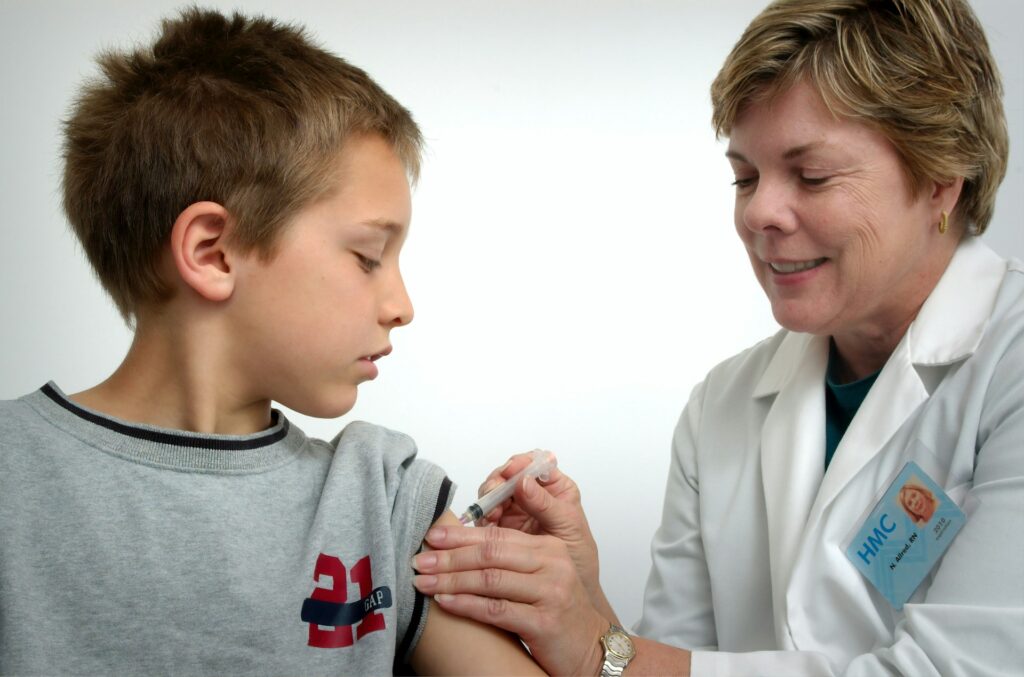Introduction: In today’s fast-paced world, ensuring the well-being of our children is paramount. Child healthcare encompasses a wide range of topics, from preventive measures to treatment options. In this guide, we’ll delve into various aspects of child healthcare, providing parents with essential information to safeguard their children’s health.
Define the Importance of Child Healthcare
Child healthcare is the proactive management of a child’s physical, mental, and emotional health. It involves regular check-ups, vaccinations, and addressing any health concerns promptly. Prioritizing child healthcare ensures that children grow up healthy and resilient, laying the foundation for a fulfilling life.
Types and Categories
Child healthcare can be categorized into different areas, each crucial for a child’s overall well-being.
Preventive Care
Preventive care focuses on maintaining good health and preventing illness through vaccinations, regular check-ups, and healthy lifestyle habits.
Pediatric Specialties
Pediatric specialties cater to specific healthcare needs, such as pediatric cardiology, neurology, and oncology, addressing medical conditions unique to children.
Symptoms and Signs
Recognizing symptoms and signs of illness in children is essential for timely intervention and treatment.
Common Symptoms
Common symptoms in children include fever, cough, runny nose, and diarrhea, often indicative of viral infections or minor illnesses.
Red Flags
Certain symptoms, such as persistent high fever, difficulty breathing, or severe abdominal pain, warrant immediate medical attention, as they may indicate a more serious underlying condition.
Causes and Risk Factors
Understanding the causes and risk factors associated with childhood illnesses helps parents take proactive measures to protect their children’s health.
Biological Factors
Biological factors, including genetics and immune system function, play a significant role in determining a child’s susceptibility to certain illnesses.
Environmental Factors
Environmental factors such as pollution, secondhand smoke, and exposure to allergens can impact a child’s health and contribute to the development of respiratory conditions and allergies.
Diagnosis and Tests
Diagnosing childhood illnesses often requires a combination of medical history, physical examination, and diagnostic tests.
Physical Examination
A thorough physical examination by a pediatrician can provide valuable insights into a child’s health, including growth and development milestones.
Laboratory Tests
Laboratory tests, including blood tests, urine analysis, and imaging studies, may be necessary to confirm a diagnosis or rule out underlying medical conditions.
Treatment Options
Treatment options for childhood illnesses vary depending on the nature and severity of the condition.
Medications
Medications, such as antibiotics, antipyretics, and antihistamines, are commonly prescribed to treat infections, reduce fever, and alleviate symptoms.
Therapies
Therapeutic interventions, including physical therapy, speech therapy, and occupational therapy, may be recommended to address developmental delays or disabilities.
Preventive Measures
Preventive measures play a crucial role in maintaining children’s health and reducing the risk of illness and injury.
Vaccinations
Vaccinations are one of the most effective ways to prevent infectious diseases and protect children from serious illnesses such as measles, mumps, and rubella.
Healthy Lifestyle Habits
Encouraging healthy lifestyle habits, including regular exercise, balanced nutrition, and adequate sleep, promotes overall well-being and strengthens the immune system.
Personal Stories or Case Studies
Real-life stories and case studies provide insight into the challenges and triumphs of managing childhood illnesses.
Case Study: Managing Childhood Asthma
Sarah, a mother of two, shares her experience managing her son’s asthma and the importance of proactive management and adherence to treatment plans.
Expert Insights
Expert insights from pediatricians and healthcare professionals offer valuable guidance and recommendations for parents.
Dr. Emily Parker, Pediatrician
“Regular well-child visits are essential for monitoring growth and development, addressing any concerns, and ensuring children receive appropriate vaccinations.”
Conclusion
In conclusion, prioritizing child healthcare is crucial for ensuring children grow up healthy, happy, and resilient. By understanding the importance of preventive care, recognizing symptoms, and taking proactive measures, parents can provide their children with the best possible start in life.

